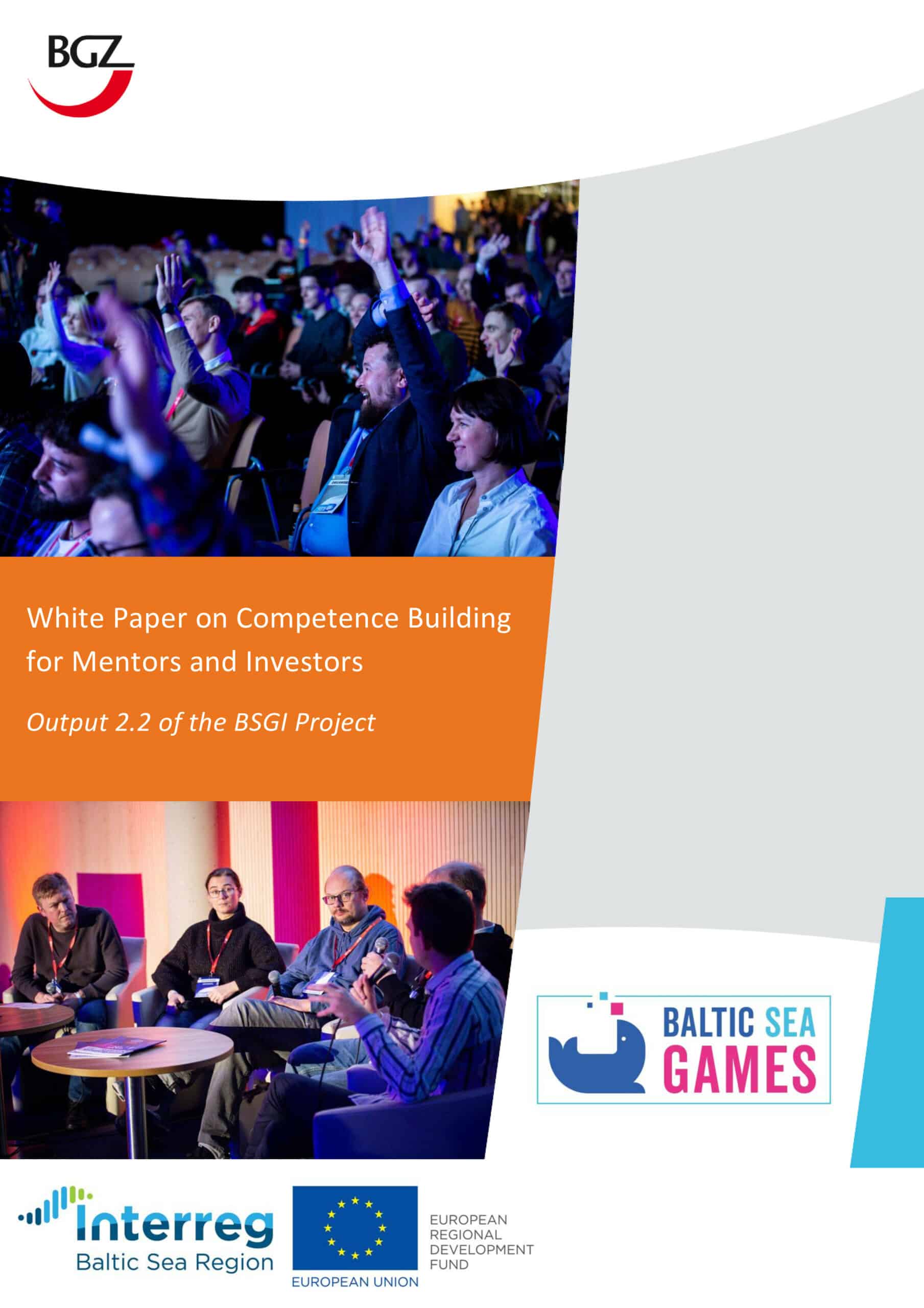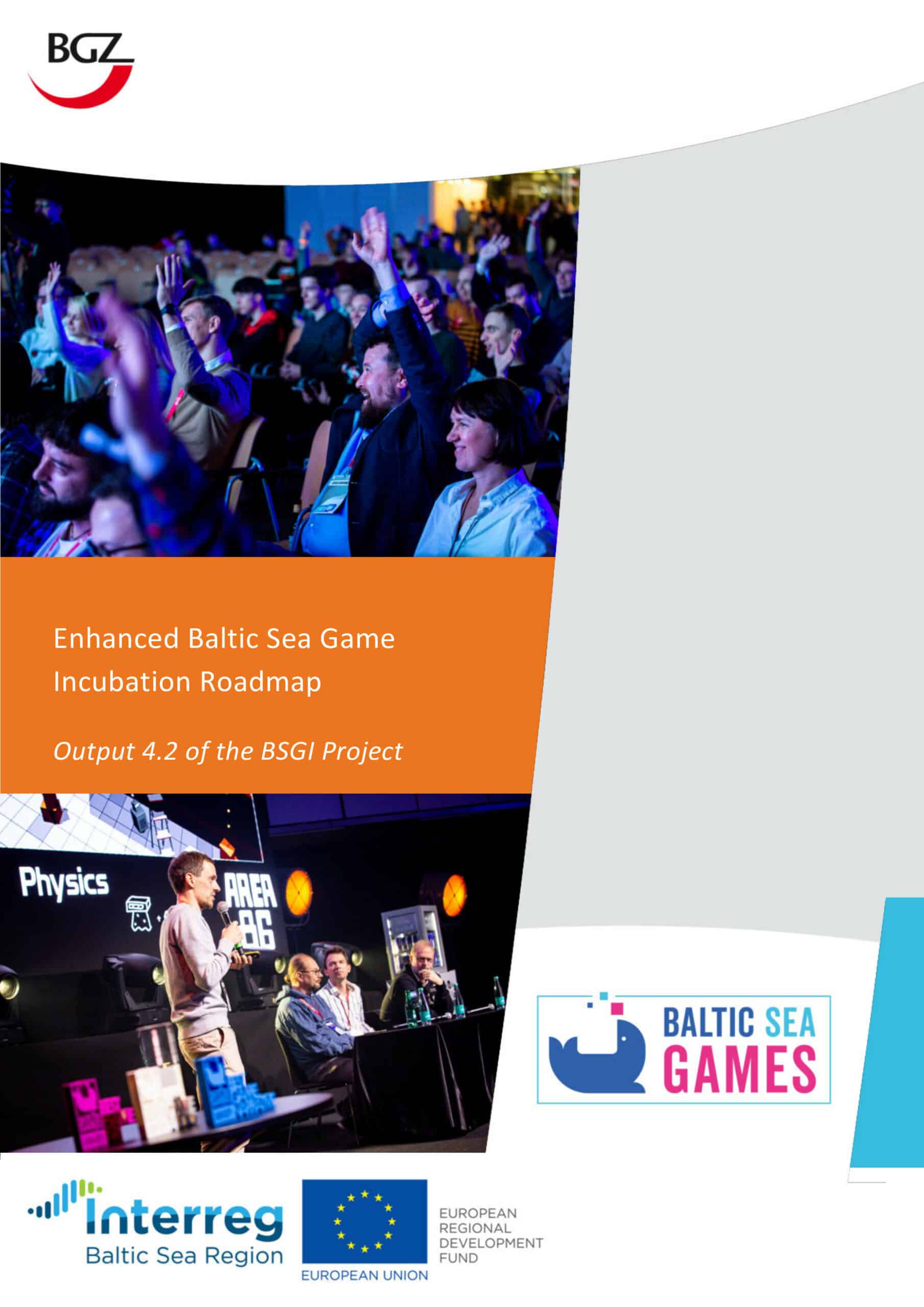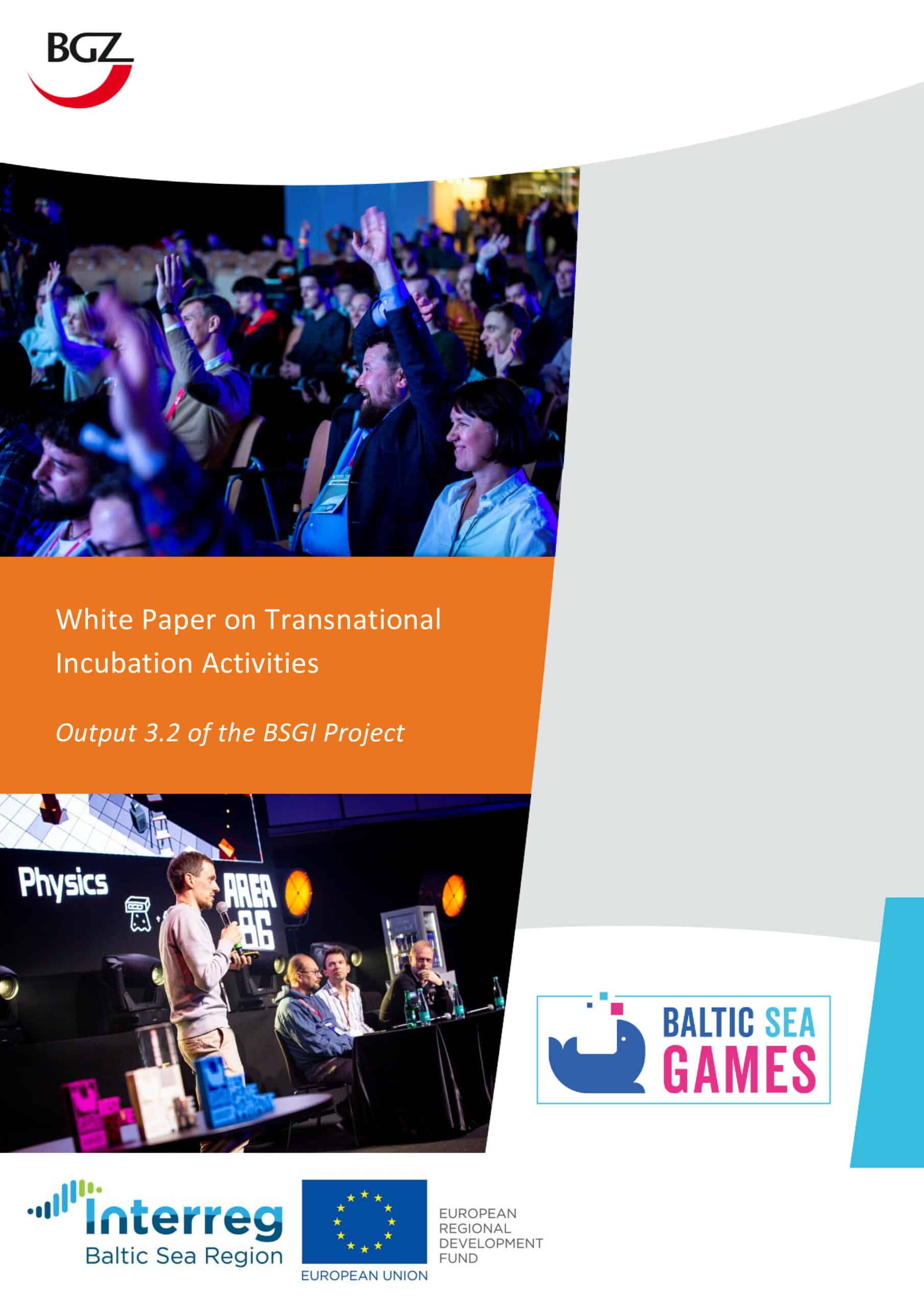BSGI
Game industry needs a well-balanced approach
Games are one of the most dynamic creative industries worldwide but business support often remains unspecific. One of the challenges this sector faces is that innovation intermediaries have only limited knowledge about this creative sector and how game start-ups should be supported. Innovation intermediaries usually treat them as ICT or as media, which on one hand limits the attractiveness of the supporting programmes for the game start-ups, and on the other hand, limits the effectiveness of the support.
The game industry needs a well-balanced ecosystem, a growing market, and an accommodating environment to thrive. On one side, there are the mature industries of the Nordics with their deep insights into the mechanisms of the industry. On the other side, emerging industries from the Baltics come with brand new products, followed by Germany, Denmark, and Poland whose industries have their own characteristics.
Budgets
in numbers
-
0.75MillionTotal
-
0.58MillionErdf
-
0.00MillionEni + Russia
-
0.00MillionNorway
Achievements
Expertise and networks
The project BSGI launched the concept of a distinct ecosystem composed of experts supporting young game developer talents and enterprises, often using formats such as incubation or acceleration. These experts not only transferred their know-how but also contributed with valuable contacts and other forms of support within this “game incubation system”. The outreach to investors, publishers or mentors was highly valued among young entrepreneurs participating. For experts, a thorough understanding of the needs and building trust was of interest and helped to establish win-win relationships.
Targeted measures
The project piloted competence-building activities and targeted two main stakeholder groups in the ecosystem: professional supporters (investors, publishers, mentors) and business developers (incubators, accelerators, hubs, clusters). The project engaged the first group to test peer-2-peer learning environments. The second group was involved as organiser and provider of support to programmers, experimenting joint activities to enhance their “business offer” to young teams. The results of the capacity enhancement measures have formed the content of the incubation roadmap as a fundamental building block for a coherent and endorsed body of knowledge on game incubation.
Outputs
White paper on competence building for mentors and investors

White paper on transnational incubation activities
Enhanced Baltic Sea Game Incubation Roadmap

Project Stories
Partners
BGZ Berlin International Cooperation Agency GmbH
- TownBerlin
- RegionBerlin
- CountryGermany
- RepresentativeChristine Sauter
- Phone
- E-Mail
- Web
Dania University of Applied Sciences
- TownGrenaa
- RegionØstjylland
- CountryDenmark
- RepresentativeMikkel Fledelius Jensen
- Phone
- E-Mail
- Web
Invest Stockholm
- TownStockholm
- RegionStockholms län
- CountrySweden
- RepresentativeJenny Berthling
- Phone
- E-Mail
- Web
Creative Crowd AB
- TownSkellefteå
- RegionVästerbottens län
- CountrySweden
- RepresentativeLars Lindblom
- Phone
- E-Mail
- Web
Public Institution Lithuanian Innovation Centre
- TownVilnius
- RegionVilniaus apskritis
- CountryLithuania
- RepresentativeIngrida Tinfavičienė
- Phone
- E-Mail
- Web
Tartu Science Park Foundation
- TownTartu
- RegionLõuna-Eesti
- CountryEstonia
- RepresentativeHenri Hanson
- Phone
- E-Mail
- Web
Metropolia University of Applied Sciences
- TownMetropolia, Helsinki
- RegionHelsinki-Uusimaa
- CountryFinland
- RepresentativeAnitta Pankkonen-Rentola
- Phone
- E-Mail
- Web
Turku Game Hub
- TownTurku
- RegionVarsinais-Suomi
- CountryFinland
- RepresentativeNatasha Skult
- Phone
- E-Mail
- Web
HTW Berlin University of Applied Sciences
- TownBerlin
- RegionBerlin
- CountryGermany
- RepresentativeThomas Bremer
- Phone
- E-Mail
- Web
-
Project managerChristine SauterBGZ
-
Legal representativeHilde HansenBGZ Berlin International Cooperation Agency GmbH
-
Financial managerJohn HaaskeBGZ Berliner Gesellschaft für internationale Zusammenarbeit mbH
-
Communication managerChristine SauterBGZ Berlin International Cooperation Agency GmbH




